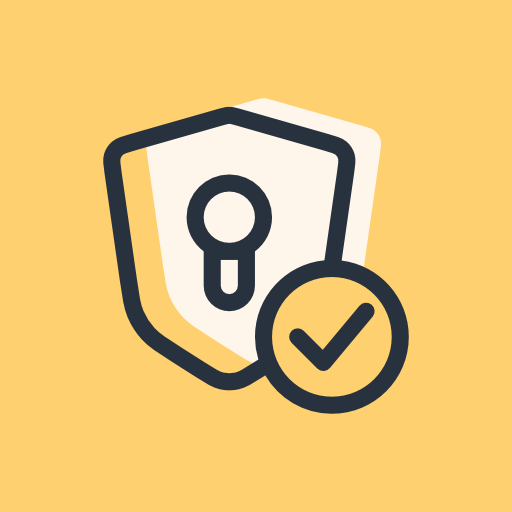
Proton Mail is an email service with a focus on privacy, encryption, security, and ease of use. They have been in operation since 2013. Proton AG is based in Genève, Switzerland. Accounts start with 500 MB storage with their free plan.
Proton Mail has zero-access encryption at rest for your emails and calendars. Data secured with zero-access encryption is only accessible by you.
Certain information stored in Proton Contacts, such as display names and email addresses, are not secured with zero-access encryption. Contact fields that support zero-access encryption, such as phone numbers, are indicated with a padlock icon.
Proton Mail supports TOTP two factor authentication and hardware security keys using FIDO2 or U2F standards. The use of a hardware security key requires setting up TOTP two factor authentication first.
Paid Proton Mail subscribers can use their own domain with the service or a catch-all address. Proton Mail also supports subaddressing, which is useful for people who don’t want to purchase a domain.
Proton Mail offers an “Unlimited” account for €9.99/Month, which also enables access to Proton VPN in addition to providing multiple accounts, domains, aliases, and 500GB of storage.
If you have a paid account and your bill is unpaid after 14 days, you won’t be able to access your data. After 30 days, your account will become delinquent and won’t receive incoming mail. You will continue to be billed during this period.
Proton Mail accepts cash by mail in addition to standard credit/debit card, Bitcoin, and PayPal payments.
Proton Mail has integrated OpenPGP encryption in their webmail. Emails to other Proton Mail accounts are encrypted automatically, and encryption to non-Proton Mail addresses with an OpenPGP key can be enabled easily in your account settings. They also allow you to encrypt messages to non-Proton Mail addresses without the need for them to sign up for a Proton Mail account or use software like OpenPGP.
Proton Mail supports the discovery of public keys via HTTP from their Web Key Directory (WKD). This allows people who don’t use Proton Mail to find the OpenPGP keys of Proton Mail accounts easily, for cross-provider E2EE.

